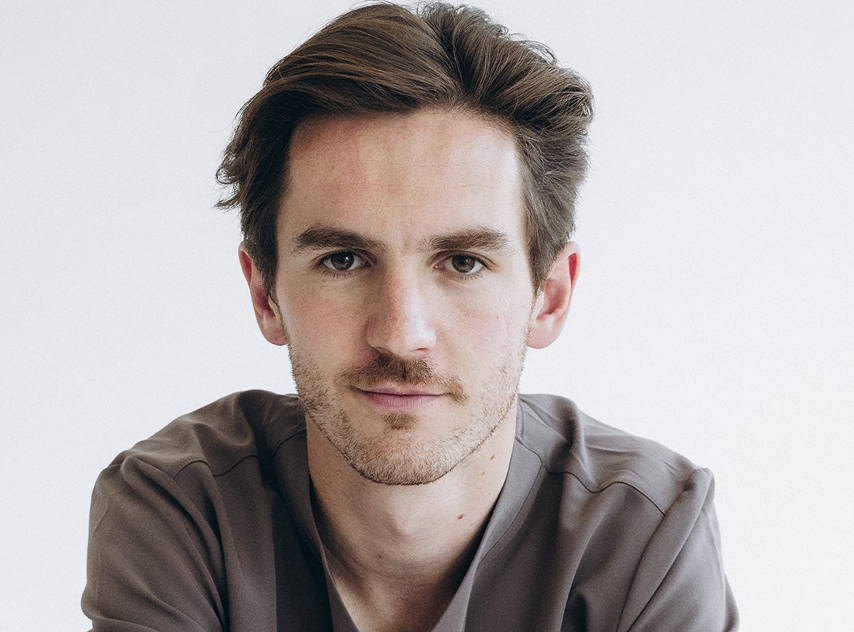
Coffee, ice cream and drinks after dental implants
The procedure for implantation of dental implants is a serious intervention in the tissues and bones of the oral cavity, therefore, after the operation, there are a number of recommendations regarding diet and lifestyle, which are aimed at ensuring proper healing and integration of the implant with the bone.
What is important to know about diet after implant implantation?
In the first days after the procedure, bone tissues and epithelium are very sensitive. The implant must integrate into the bone, which is crucial for the success of the entire procedure. At this time, there are no natural protective tissues, so it is easy to disrupt the healing process through improper nutrition or mechanical damage to the wound.
It is recommended:
- Avoiding hard, crunchy and spicy foods,
- Consumption of soft, semi-liquid and summer foods, such as cream soups, yogurts, purees, boiled vegetables, tender meats and fish,
- Refrain from hot, sour, spicy foods and carbonated drinks,
- Avoiding alcohol and smoking for at least 7 days after the procedure,
- Eating foods rich in protein, vitamins (especially vitamin C) and minerals that promote tissue regeneration.
Ice cream after implant implantation
Advantages:
Ice cream can provide temporary relief by cooling the tissues and reducing pain and swelling. Their soft, semi-liquid consistency fits well into the recommended diet after the procedure, minimizing the risk of damage to the wound or sutures.
Disadvantages:
However, you should be careful because the cold can anesthetize the treatment site, which increases the risk of unwittingly damaging the wound. In addition, ice cream contains sugar, which promotes the growth of bacteria and can prolong the healing process. It is recommended to avoid consuming ice cream immediately after the treatment or limit its amount and choose versions without additives, such as nuts.
In conclusion, ice cream can be consumed with caution, but not immediately after the procedure and not in large quantities.
Coffee after implantation of implants
Advantages:
Coffee can improve well-being and add energy after a difficult procedure, however, there are no direct benefits to the healing process.
Disadvantages:
Coffee has an acidic pH and promotes the deposition of sediment on teeth and implants, which can hinder tissue regeneration. It can also negatively affect the enamel of natural teeth. For this reason, it is recommended to avoid coffee for at least a few days after implantation, and if it is already drunk, then in moderate quantities and preferably without added sugar.
Alcohol after implant placement
Alcohol is definitely not recommended after the procedure. It dilates blood vessels, which can lead to bleeding at the site of a fresh wound. In addition, it dries the mucous membrane, weakening the natural protection against bacteria, and inhibits the process of formation of collagen fibers necessary for the integration of the implant into the bone. It is recommended to give up alcohol completely for at least 7 days after the procedure.
Summary of recommendations
- The first 2 hours after the procedure: do not consume any food or drink until the effect of anesthesia has subsided.
- The first days: soft, semi-liquid, lukewarm or cool (but not extremely cold) diet, avoiding ice cream in large quantities, coffee and alcohol.
- Avoid: hard, sharp, sour, hot foods, carbonated drinks, alcohol, smoking, chewing gum.
- Recommended: yoghurts, kefirs, boiled vegetables, bananas, tender meats and fish, foods rich in protein, vitamin C and minerals that promote healing.
Following these recommendations significantly increases the chances of quick and trouble-free wound healing and permanent integration of the implant into the bone.
Content author

Dr. Jan Kempa
Dr. Jan Kempa is a passionate dentist who always cares about a good relationship with patients. His positive attitude makes even the most timid patients feel safe. He specializes in implantology and dental surgery, using modern treatment techniques. He is enthusiastic about using his own tissues to rebuild bones before implantation and to cover gum recession. Dr. Kempa always finds the time to listen to the patient and offers individual solutions.
See also

Pus after tooth extraction — how to treat empyema on the gum

Porcelain and composite veneers — which one to choose?

Complete smile metamorphosis — comprehensive dental treatment in 2025

Start treatment already today!
Make an appointment and discover why our patients recommend us to their loved ones. We will take the utmost care of your smile.